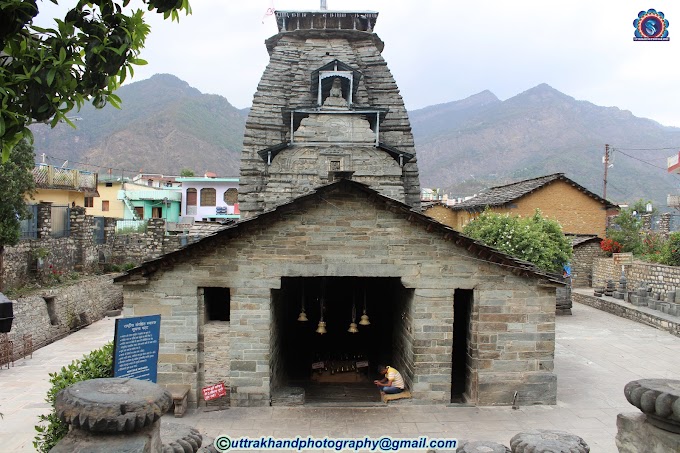.JPG) |
| What is Article 88 of Indian constitution ? |
Article 88 of the Indian Constitution grants certain individuals — specifically Ministers and the Attorney General of India — the right to speak and participate in the proceedings of Parliament, even if they are not members of either House.
📜 Text of Article 88 (Simplified)
Every Minister and the Attorney General of India shall have the right to speak in and take part in the proceedings of either House of Parliament, or any of its committees, but shall not have the right to vote.
✅ Who Gets These Rights?
-
Ministers (whether from Lok Sabha or Rajya Sabha)
-
Attorney General of India (the chief legal advisor to the Government of India)
🧾 Rights Given Under Article 88
| Right | Allowed? |
|---|---|
| Right to speak | ✅ Yes |
| Right to participate | ✅ Yes |
| Right to vote | ❌ No |
Even if they are not a member of that House, they can still speak and take part in debates or committee discussions.
🧪 Example
-
A Minister from Rajya Sabha can attend and speak in Lok Sabha debates, but can’t vote there.
-
The Attorney General (who is not usually a member of either House) can give legal opinions during Parliamentary discussions.
📌 Summary of Article 88
| Feature | Description |
|---|---|
| Who is covered? | ✅ Ministers of the Union, and ✅ Attorney General of India |
| Allowed to speak in | ✅ Lok Sabha, ✅ Rajya Sabha, and ✅ their committees |
| Voting rights | ❌ Cannot vote in any House |
| Purpose | To enable the government’s legal and executive representatives to participate in law-making discussions |

.jpg)








.JPG)











Follow Us